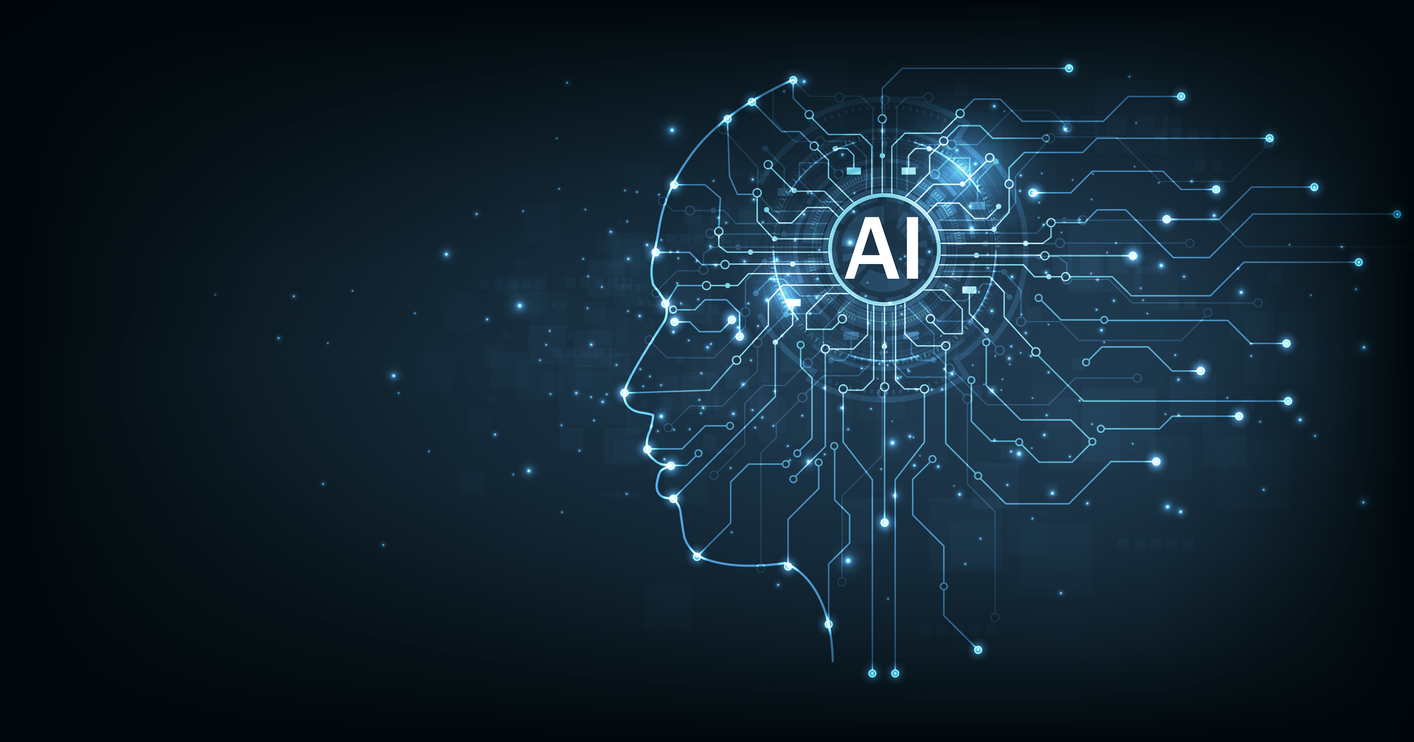OpenAI Unveils Sora: Text-to-Video Tool Revolutionizing Content Creation
Core Concepts
OpenAI introduces Sora, a groundbreaking text-to-video tool revolutionizing content creation by generating minute-long videos from text prompts with photorealistic quality and intricate details.
Abstract
OpenAI's latest innovation, Sora, is set to transform the landscape of content creation by enabling users to produce highly detailed videos based on text prompts. While the tool has not been released for public use yet, it showcases the potential for future applications in video production. The technology promises to streamline video creation processes, offering cost-effective solutions for various industries. OpenAI's emphasis on feedback and collaboration highlights its commitment to enhancing creative professionals' capabilities through innovative AI tools.
The Scoop: OpenAI reveals text-to-video tool, Sora. Will anything ever be the same? - PR Daily
Stats
"Sora can create videos of up to 60 seconds featuring highly detailed scenes, complex camera motion, and multiple characters with vibrant emotions."
"The model can also take an existing video and extend it or fill in missing frames."
"Expect an explosion of AI videos when Sora is released to the public."
"Creating social media videos can suddenly happen with just a few keystrokes instead of hours of filming."
"Missing frames or shots you forgot to get during a video shoot can be recreated without necessitating reshoots."
Quotes
"As with all technology, some of it will be used for good (creative ad campaigns, new forms of art) and some of it will be used for evil (deepfakes, mimicking human creativity)."
"But in the PR space, it’s clear that these tools have the potential to make aspects of our jobs easier – or even possible on tight budgets."
Key Insights Distilled From
by Allison Cart... at www.prdaily.com 02-16-2024
https://www.prdaily.com/openai-reveals-text-to-video-tool-sora-will-anything-ever-be-the-same/
Deeper Inquiries
How might the widespread adoption of AI video tools like Sora impact traditional filmmaking practices?
The widespread adoption of AI video tools like Sora could revolutionize traditional filmmaking practices in several ways. Firstly, it may streamline the production process by reducing the need for extensive filming and editing time. Filmmakers could potentially generate high-quality footage quickly and cost-effectively, leading to more efficient project timelines. Additionally, AI-generated content could open up new creative possibilities by allowing filmmakers to explore complex CGI scenes or intricate camera motions that were previously challenging or expensive to achieve manually. However, there may also be concerns about job displacement within the industry as certain roles traditionally performed by humans are automated by AI technology.
How can advancements in AI technology influence societal perceptions of authenticity and creativity?
Advancements in AI technology have the potential to significantly influence societal perceptions of authenticity and creativity. As AI tools like Sora become more sophisticated at generating realistic videos based on text prompts, there is a risk that viewers may struggle to discern between real footage and AI-generated content. This blurring of lines between reality and artificiality could raise questions about trustworthiness and credibility in media consumption. On the other hand, some may view these technological advancements as a testament to human creativity in developing such innovative tools. Society's perception of what constitutes authentic content or genuine artistic expression may evolve as AI continues to play a larger role in content creation across various industries.
What ethical considerations should be taken into account when utilizing AI-generated content in various industries?
When utilizing AI-generated content in various industries, several ethical considerations must be carefully addressed. One key concern is transparency – it is essential for organizations using AI tools like Sora to clearly disclose when content has been generated artificially rather than captured through traditional means. This transparency helps maintain trust with audiences who deserve clarity regarding the source of information they consume.
Another critical consideration is accountability for any misinformation or harmful implications resulting from AI-generated content. Organizations must take responsibility for ensuring that their use of such technologies does not perpetuate falsehoods or unethical practices.
Furthermore, issues related to data privacy and security come into play when leveraging advanced technologies like Sora which require vast amounts of data input for accurate outputs. Safeguarding user data against misuse or unauthorized access is paramount.
Overall, ethical guidelines should be established within industries utilizing AI-generated content to uphold integrity, protect individuals' rights, and promote responsible innovation while harnessing the benefits offered by these cutting-edge technologies.
0
